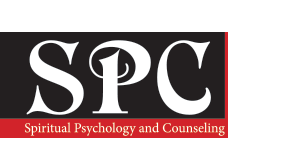Exploring the Evil Eye Beliefs: A Quantitative Study
Author/s: Kutlu Kağan Türkarslan, Ekin Doğa Kozak
DOI: http://doi.org/10.37898/spiritualpc.1587623
Year: 2025 Vol: 10 Number: 2
Abstract
The concept of the evil eye refers to the belief that gazes of individuals with envious feelings can have harmful effects on living and non-living entities. On this subject, there appears to be very few quantitative studies in literature. The aim of the present study was to investigate evil eye beliefs (EEBs) in Türkiye. A total of 601 participants (68.55% female, M age = 27.92, SD = 10.03) completed measures of demographic information, benign envy, malicious envy, nonreligiousness-nonspirituality, and paranormal beliefs. The descriptive results showed that 58.24% of the participants endorsed the statement “I believe in the evil eye” and females had significantly stronger EEBs than males (d = 1.01 p <.001). The multiple regression analysis revealed that benign envy, malicious envy, nonreligiousness-nonspirituality, and nonreligious paranormal beliefs were significant predictors of EEBs, explaining 60.50% of the variance in EEBs. Moreover, nonreligiousness-nonspirituality was a significant moderator in the relationship between nonreligious paranormal beliefs and EEBs, suggesting that nonreligious paranormal beliefs may be more essential motivators of EEBs for individuals with lower levels of religiousness-spirituality. The results and limitations were discussed and suggestions for future studies were proposed.
Keywords
The evil eye • Envy • Religiousness • Spirituality • Paranormal beliefs

